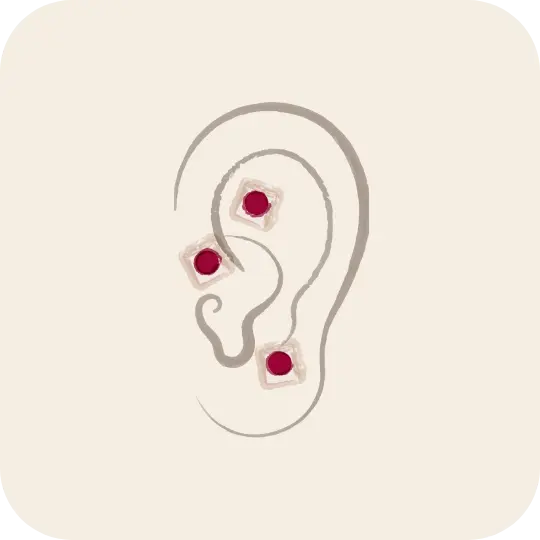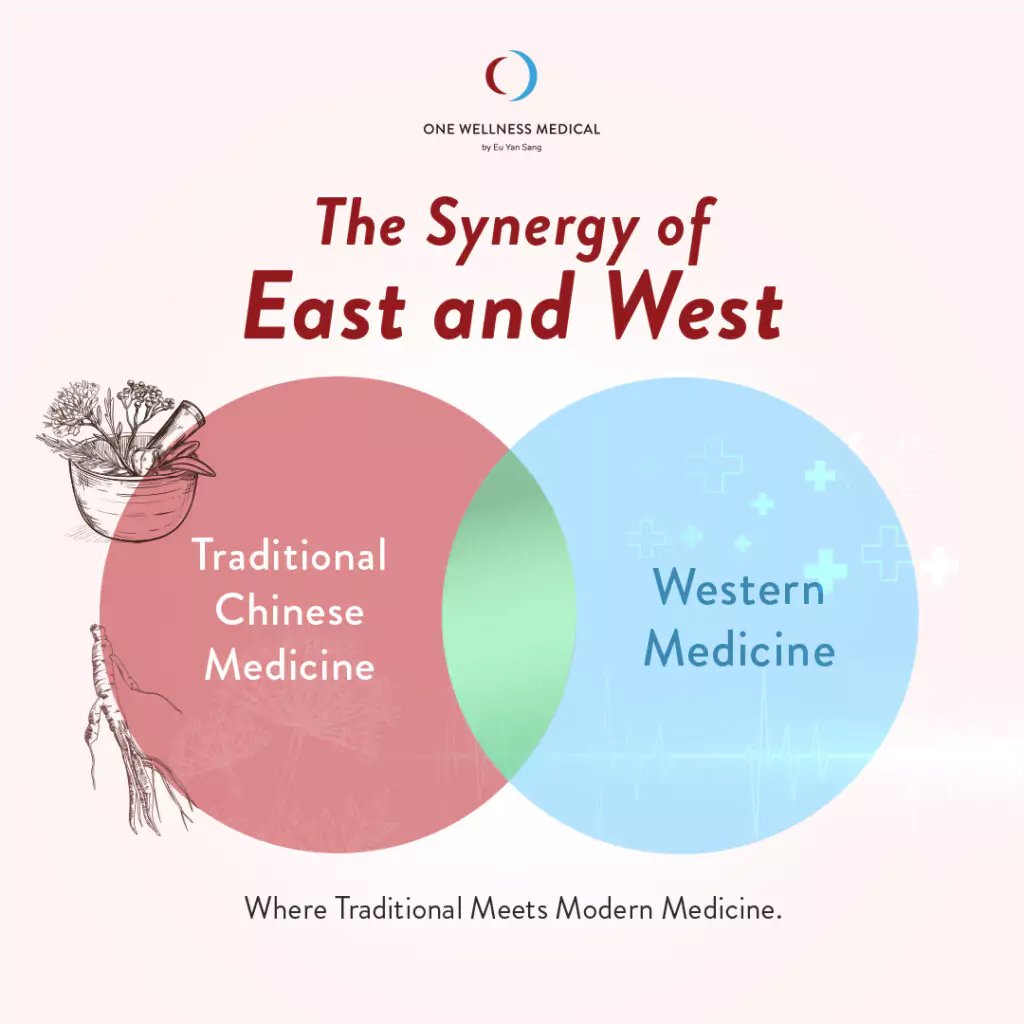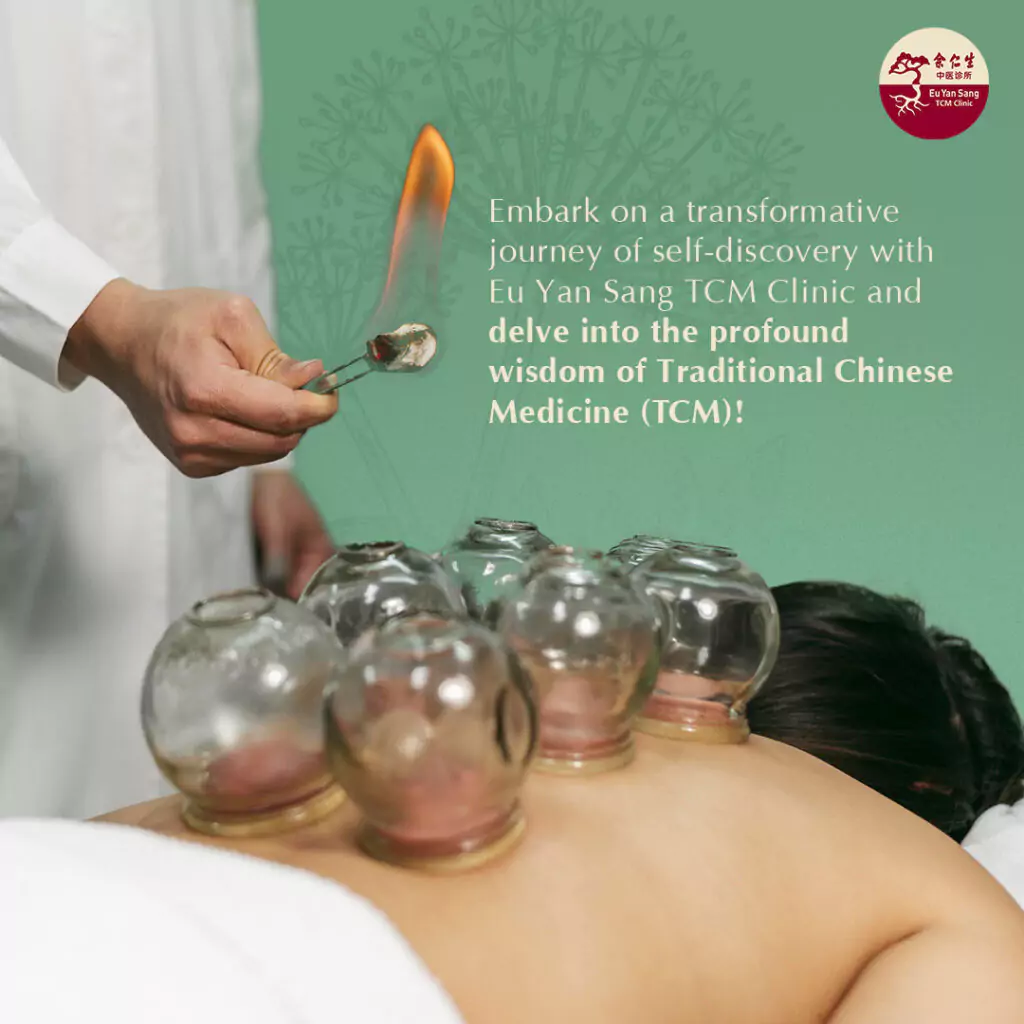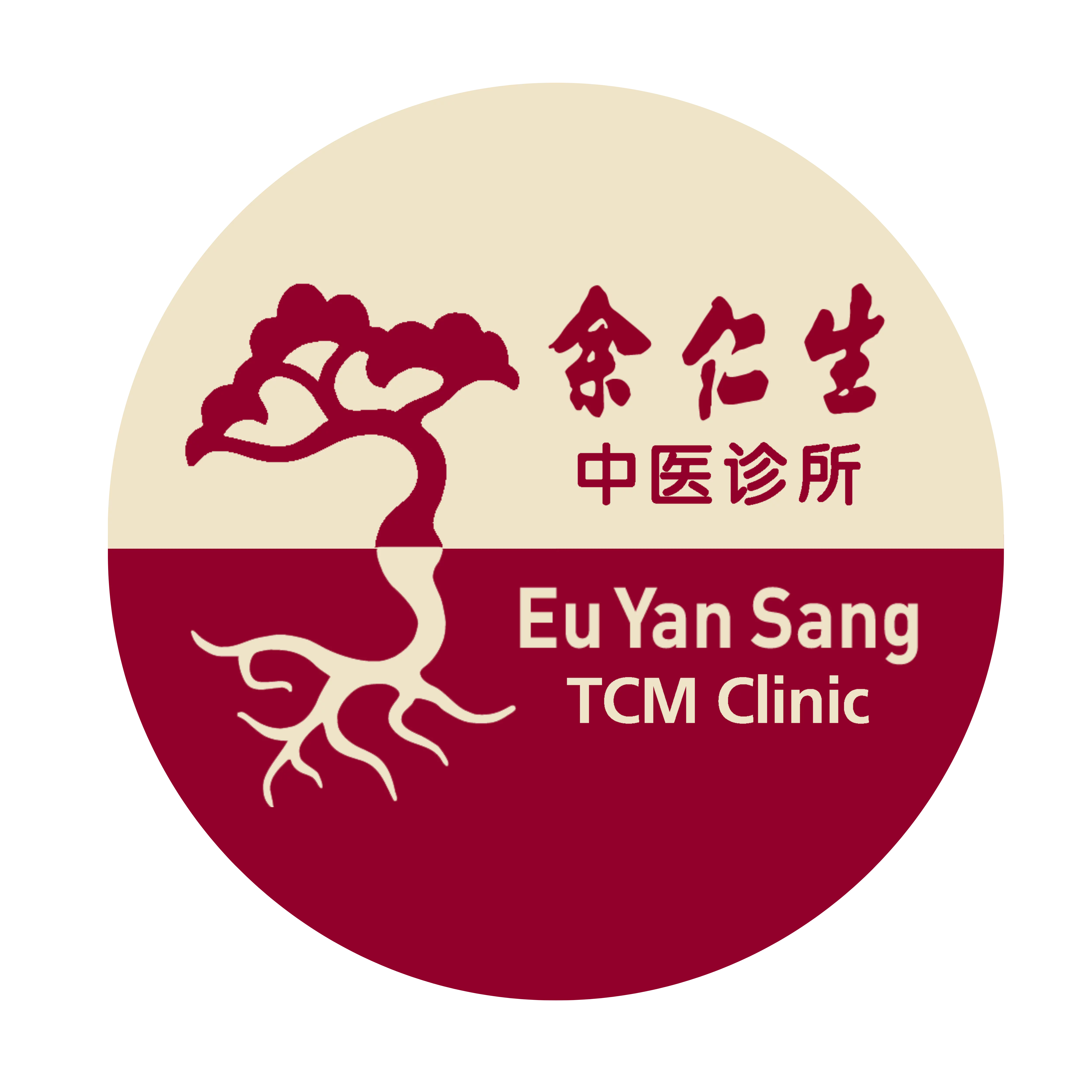Have you ever wondered why anger seems to knot your stomach or why grief makes your chest feel heavy?
Emotions aren't just fleeting experiences; they're like threads weaving through the fabric of our lives, influencing our health and well-being in ways we might not always recognise. Traditional Chinese Medicine (TCM) sees emotions as intertwined with our organs and the elements they represent. When everything's in sync, it's like a beautiful symphony. But throw in some disharmony, and it's more like a clamour of noise.
Here’s how five key emotions can cause imbalances and impact physical health:
1. Anger

Organ: Liver
Effects: Anger causes the ‘Qi’ to rise, disrupting its smooth flow. This can result in tension, frustration, headaches, dizziness, and hypertension. Over time, chronic anger may lead to liver damage, affecting detoxification and digestion.
Symptoms: High blood pressure, migraines, digestive issues, and menstrual irregularities.
2. Overjoy

Organ: Heart
Effects: While joy is generally positive, excessive joy or overexcitement can overstimulate the heart, leading to a scattering of the Heart ‘Qi’. This may cause restlessness, insomnia, palpitations, and general anxiety.
Symptoms: Heart palpitations, insomnia, agitation, and difficulty concentrating.
3. Grief

Organ: Lungs
Effects: Sadness and grief deplete the Lung ‘Qi’, weakening the lungs and immune system. This can lead to respiratory issues, fatigue, and a diminished ability to ward off infections.
Symptoms: Shortness of breath, frequent colds, and a weakened immune system.
4. Worry and Overthinking

Organ: Spleen
Effects: Excessive worry and overthinking impair the Spleen's ability to transform and transport food and fluids. This can lead to digestive issues, muscle tension, and a weakened ability to assimilate nutrients.
Symptoms: Digestive problems, weight gain or loss, muscle fatigue, and decreased energy levels.
5. Fear

Organ: Kidneys
Effects: Fear depletes Kidney ‘Qi’, affecting the kidneys and adrenal glands. This can result in issues with growth and development, problems related to water metabolism and reproductive health.
Symptoms: Lower back pain, urinary problems, reproductive issues, and feelings of chronic fatigue.
This intricate interplay underscores the dynamic equilibrium necessary for optimal health and well-being. When one element dominates or is weakened, disharmony ensues, leading to physical ailments, emotional disturbances, or mental imbalances.
So how do we find balance?
Understanding the intricate web of connections between the Five Elements, organs, and emotions is essential for cultivating holistic health in TCM. To manage these imbalances, it's important to address both their emotional and physical aspects.
 Here are detailed tips for each emotion:
Here are detailed tips for each emotion:
1. Managing Anger 😠
Exercise: Engage in physical activities such as jogging, swimming, or martial arts to release pent-up energy and reduce tension.
Acupressure and Acupuncture: Seek treatments targeting the Liver meridian to promote the smooth flow of ‘Qi’.
Diet: Avoid excessive alcohol and spicy foods, and incorporate cooling foods like cucumber, mint, and green leafy vegetables.
2. Managing Excessive Joy 😊
Moderation: Cultivate a balanced lifestyle to avoid overstimulation. Practice mindfulness to remain grounded.
Relaxation Techniques: Engage in relaxation techniques like deep breathing exercises and progressive muscle relaxation.
Herbal Remedies: Use calming herbs like valerian root, chamomile, and lavender to soothe the mind.
3. Managing Sadness and Grief 😢
Social Connections: Maintain strong social connections and seek support from friends and family.
Breathing Exercises: Practice deep breathing exercises to strengthen Lung ‘Qi’ and improve respiratory function.
Outdoor Activities: Spend time in nature to uplift your mood and enhance Lung capacity.
4. Managing Worry and Overthinking😟
Balanced Diet: Avoid excessive sugar and processed foods. Eat warm, cooked meals that support Spleen health, like oats, sweet potatoes, and carrots.
Exercise: Regular physical activity helps reduce stress and improve digestive function.
Herbal Support: Use herbs such as ginger, cinnamon, and licorice root to strengthen the Spleen and improve digestion.
5. Managing Fear 😨
Hydration: Drink plenty of water to support Kidney function.
Kidney Health: Keep your lower back warm and practice exercises that strengthen the lower back and kidneys, like yoga or Tai Chi.
Diet: Incorporate foods that nourish the kidneys, such as black beans, walnuts, and seaweed.
Therapy: Engage in therapy to address underlying fears and anxieties.
The Five Elements Theory of TCM offers a captivating lens through which to view your health and emotions. So the next time you feel a surge of excitement that leaves your heart racing and your body tingling with anticipation, remember the elemental forces at play and let them guide you toward inner harmony.
By addressing both the emotional and physical aspects of health, you can effectively manage emotional imbalances and promote overall well-being. If you're seeking guidance on your journey to wellness, our team of experts is here to assist you in creating a personalised path to wellness.




.webp)
.webp)
.png)

.png)
.webp)
















 Here are detailed tips for each emotion:
Here are detailed tips for each emotion:


